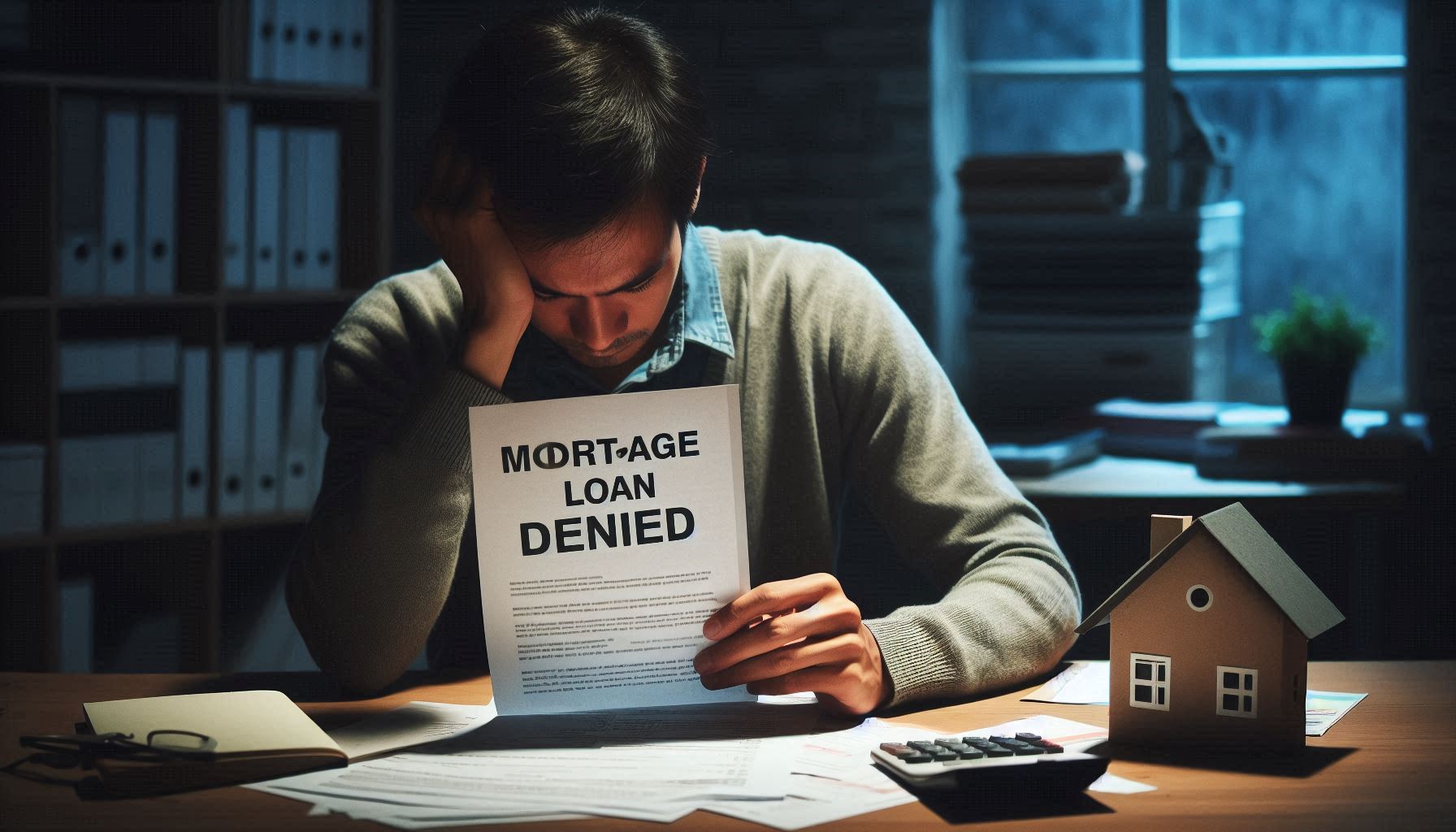How to Legally Back Out of a House Offer: Is It Possible?

Buying a home is one of the most significant financial decisions a person can make. However, circumstances can change, and you may find yourself needing to back out of an offer. While backing out of a house offer is possible, it must be done legally to avoid financial and legal consequences. Here’s what you need to know about legally withdrawing from a home purchase agreement.
1. Understanding the Purchase Agreement
A purchase agreement is a legally binding contract between a buyer and a seller. Once both parties sign the contract, the buyer is typically obligated to proceed with the purchase unless specific conditions allow them to exit. Understanding the terms of your agreement is crucial in determining if and how you can back out.
2. Contingencies That Allow Buyers to Back Out

Most purchase agreements include contingencies—specific conditions that must be met for the sale to go through. If a contingency is not satisfied, the buyer can legally withdraw from the contract without penalties. Common contingencies include:
- Financing Contingency: If a buyer cannot secure a mortgage loan, they may be able to back out without consequences.
- Home Inspection Contingency: If a home inspection reveals major issues, the buyer may negotiate repairs or withdraw from the purchase.
- Appraisal Contingency: If the home’s appraised value is lower than the agreed purchase price, the buyer may renegotiate or walk away.
- Sale of Current Home Contingency: If the buyer needs to sell their existing home before purchasing the new one and is unable to do so, they may exit the contract.
3. Reviewing the Earnest Money Clause
Earnest money is a deposit made by the buyer to show their commitment to the purchase. If the buyer backs out without a valid reason, they may lose their earnest money. However, if the contract allows for a legal exit due to a contingency, the buyer can typically get a refund.
4. Negotiating with the Seller

If you want to back out but do not have a valid contingency, you can try negotiating with the seller. Some sellers may allow a buyer to exit the contract without penalty, especially if they have other interested buyers. Offering to cover certain costs or forfeiting a portion of the earnest money might make the seller more willing to negotiate.
5. Considering Legal and Financial Consequences
If you back out without legal grounds, the seller may take legal action against you for breach of contract. They could sue for damages, including lost time and potential financial losses. Consulting a real estate attorney before withdrawing from a purchase agreement can help you assess your options and avoid costly mistakes.
6. How to Officially Back Out
If you decide to terminate the contract, follow these steps:
- Notify the seller in writing as soon as possible.
- Reference the contingency or legal clause allowing you to exit.
- Request a refund of the earnest money if applicable.
- Work with your real estate agent and attorney to ensure a smooth exit.
Conclusion
Backing out of a house offer is possible, but it must be done carefully and legally. Understanding contingencies, negotiating with the seller, and consulting an attorney can help minimize financial loss and legal risks. If you’re unsure about moving forward with a home purchase, reviewing your contract and seeking professional advice can help you make the best decision.
For legal help in California and your other needs, contact BERYS LAW on this page. We also offer courses on real estate investing, landlording, and templates right here!
Stay connected with news and updates!
Join our mailing list to receive the latest news and updates from our team.
Don't worry, your information will not be shared.